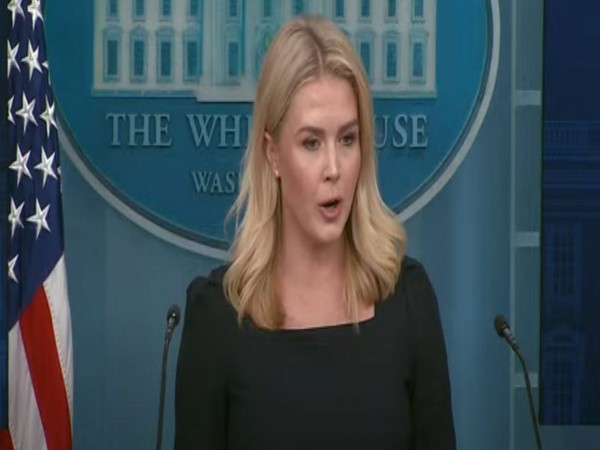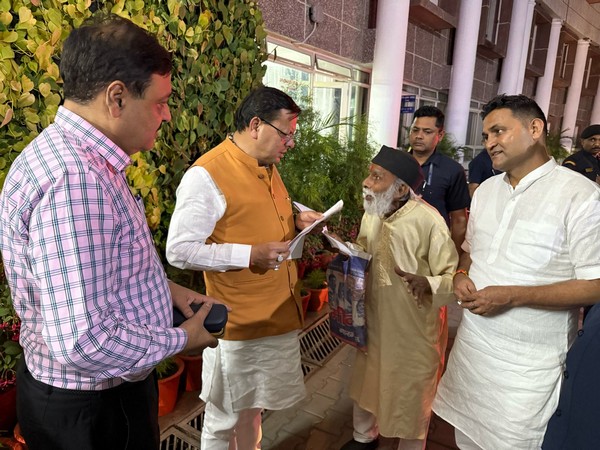Hong Kong officials told to refrain from meeting American diplomats, engaging over phone
Sep 29, 2020

Hong Kong, September 29 : The Hong Kong officials and civil servants have been told not to accept the invitations for the seminars or cocktails receptions from the city's US consulate general without prior approval, as per the new instructions given orally last week by heads of government departments, South China Morning Post reported.
"Officials should just say 'I can't speak with you' and stop the conversation when they receive phone calls from staff from the US consulate general," a Hong Kong government official said.
The Hong Kong officials have been told to refrain from meeting American diplomats or engaging with them over the phone, the Post has learned, after Beijing retaliated against restrictions imposed on the activities of Chinese envoys in the United States, according to the South China Morning Post.
The officials will have to report to their department heads if they receive invitations for meetings from the US consulate general in Hong Kong under the updated policy. All requests will be handled on a case-by-case basis.
"The Hong Kong government fully supports the central government to adopt countermeasures against the United States and will facilitate its enforcement," said a spokesman for the Chief Executive's Office.
South China Morning Post stated, The Post on Sunday reported that American diplomats must obtain approval from Beijing's foreign ministry before they could meet with Hong Kong government officials from the city's education institutions and societies.
That new rule - which came in response to Washington's earlier decision to limit the movement of Chinese envoys in the US - also appears to cover meetings between American diplomats and representatives of the city's political parties.
On September 3, US Secretary of State Mike Pompeo announced that Chinese diplomats in the United States would need permission to meet with local government officials or visit university campuses.
A week later, foreign ministry spokesman Zhao Lijian said on September 11 that Beijing would impose "reciprocal restrictions" on all US embassies and consulates on Chinese soil, including the consulate in Hong Kong, without giving details.
In the past, Hong Kong officials were free to meet US consulate general staff and exchange non-sensitive information with them.
Tensions have escalated between China and the US over a slew of issues including Hong Kong and COVID-19.
Beijing had imposed the National Security Law in Hong Kong in June targeting acts of secession, subversion, terrorism and collusion with foreign forces, with punishments of up to life in prison for the most serious offences. Countries around the world including the United States have registered their protests against the implementation of the law, which they say was against the will of the people of the city.
The move came after months of social upheaval triggered by opposition to a now-withdrawn extradition bill but that morphed into wider demands, including universal suffrage.
The legislation, which came into effect on July 1, punishes what Beijing terms secession, subversion, terrorism and foreign interference with punishment ranging up to a life-term in prison.



















